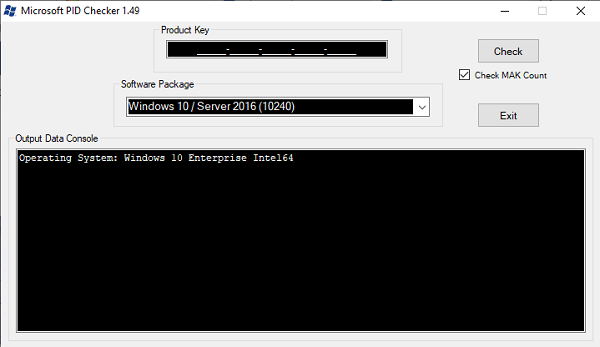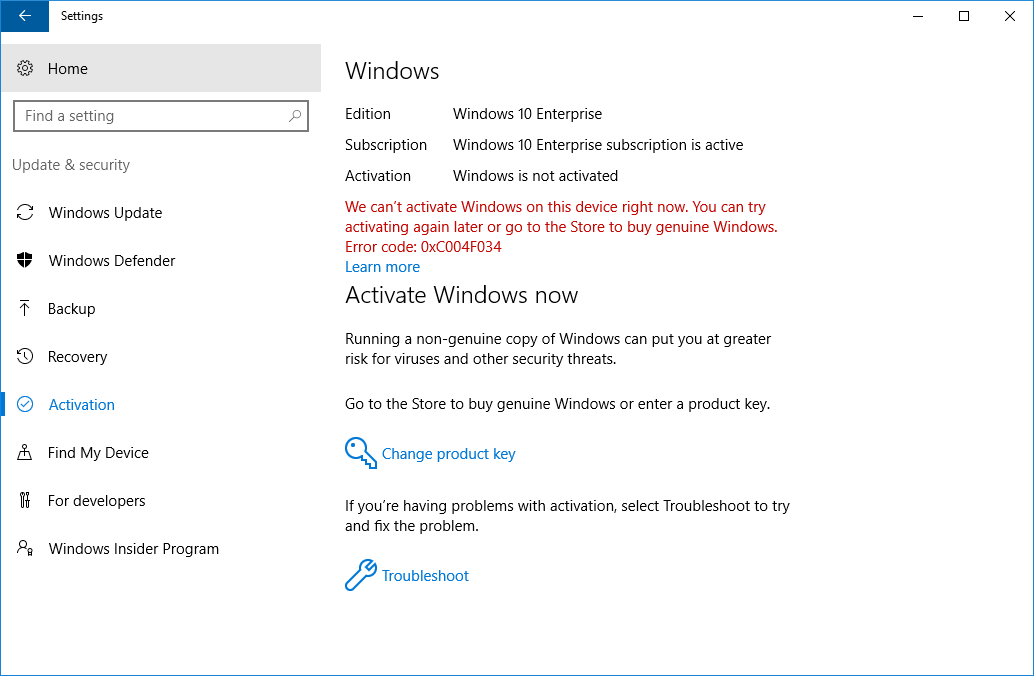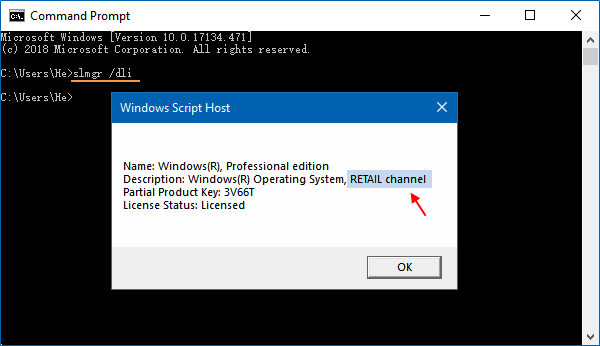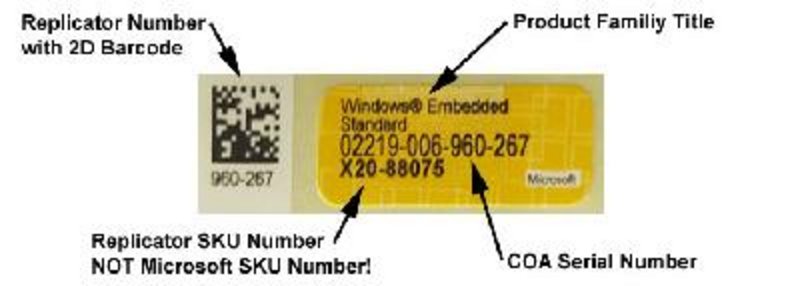
- MICROSOFT WINDOWS LICENSE TYPES LICENSE KEY
- MICROSOFT WINDOWS LICENSE TYPES SOFTWARE LICENSE
- MICROSOFT WINDOWS LICENSE TYPES UPGRADE
- MICROSOFT WINDOWS LICENSE TYPES SOFTWARE
Enterprise Subscription Agreement: Includes all the benefits of the enterprise agreement with lower up-front costs and additional flexibility.  Enterprise Agreement: Provides costs savings and helps a large business standardize their IT.
Enterprise Agreement: Provides costs savings and helps a large business standardize their IT. MICROSOFT WINDOWS LICENSE TYPES SOFTWARE
The agreement never expires and has an optional 36 months of Software Assurance.
Select Plus: The newest Microsoft technology can be acquired through a pay-as-you-go model, and software licenses and services can be acquired by business unit. License needs are forecasted over a three-year period.  Select: The newest Microsoft technology can be acquired through a pay-as-you-go model.
Select: The newest Microsoft technology can be acquired through a pay-as-you-go model. MICROSOFT WINDOWS LICENSE TYPES SOFTWARE LICENSE
Microsoft Volume Licensing for midsize and large businessesįor larger businesses, these licensing options help support IT infrastructure and simplify software license management:
Open License: Optimal for organizations wanting to use the software immediately and use the pay-as-you-go model. Open Value Subscription: Optimal for organizations wanting lower up-front costs and the ability to increase or decrease license count on an annual basis. Open Value: Optimal for organizations wanting to standardize their IT infrastructure and maximize investment. Microsoft Volume Licensing for small businessesįor smaller organizations, these licensing options provide a flexible and cost-effective way to acquire the latest Microsoft products: With this information at hand, Microsoft can tailor the program to meet the needs of specific industries such as education, healthcare, charities, manufacturers, and government entities. Microsoft advises organizations to considers three main areas before purchasing: Buying considerations for Microsoft Volume Licensing If needed, the organization may be subject to a software licensing audit to ensure compliance with the terms of agreement. It also records the number of installations, keeping the VLK confidential. Product family: Windows Server, Product series: Standard, License type: Extended license, License duration: Unlimited, License level: NL, Customer type: Enterprise. MICROSOFT WINDOWS LICENSE TYPES LICENSE KEY
Microsoft’s Volume Licensing Program allows an organization to eliminate these unnecessary items and costs and create a more customized purchase option.Ī volume license key (VLK) limits the organization to a fixed number of installations. Microsoft Graph API is the universal endpoint for Microsoft 365 which give you the flexibility to access azure active directory resource through single endpoint using power automate. Microsoft products available for volume licensing include Office 365, Skype, OneDrive, and Teams.įor example, buying a boxed software, or a full-packaged product (FPP) may include additional components such as media, a user’s guide, and other packaging items.

The aim of the volume license is to make it easier and more affordable to run Microsoft software on multiple computers within an organization. This Web site also maintains the client’s database of licensing information.Microsoft Volume Licensing is a service provided by Microsoft for organizations that require multiple licenses but do not need multiple copies of the software media and documentation that comes with it. MOLP delivers client access licenses (CALs) through a secure Web site.
MICROSOFT WINDOWS LICENSE TYPES UPGRADE
Product upgrade (PUP): You purchase licenses for upgrades such as Office 97 Standard to Office 97 Professional. Competitive upgrade (CUP): You purchase licenses to upgrade a competitor’s software to Microsoft’s version. Version upgrade (VUP): You purchase licenses to upgrade software. Standard: No previous version of the software is on the machine. For example, one deployment of Windows NT is 15 points, while one deployment of Office is 2 points. More points mean greater discounts, and the bigger the initial licensing purchase, the bigger the discount over the two-year period. The number of points you accumulate in each pool determines the discount you receive for licenses in that pool over the two-year program. Points are assigned to each deployment of a product. Servers: Includes Windows NT Server, Microsoft BackOffice Server, Microsoft Exchange, Microsoft SQL Server, and so on. Systems: Includes Microsoft Windows 95, Windows 98, Windows NT Workstation, and so on.  Applications: Includes Microsoft Office, Microsoft FrontPage, Microsoft Visual Basic, and so on. MOLP has three license pools based on product area:
Applications: Includes Microsoft Office, Microsoft FrontPage, Microsoft Visual Basic, and so on. MOLP has three license pools based on product area:








 0 kommentar(er)
0 kommentar(er)
